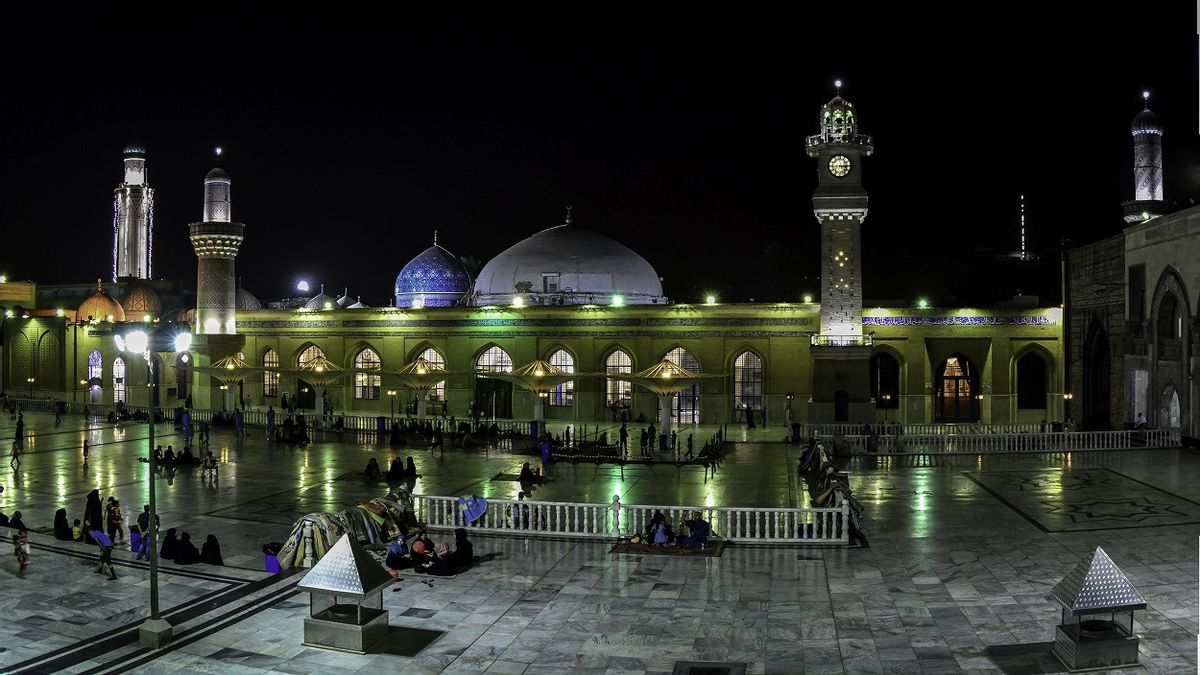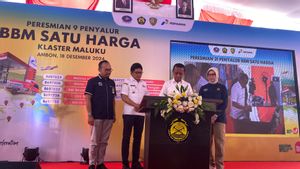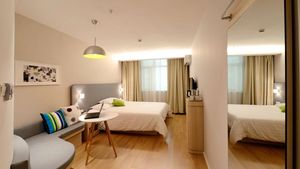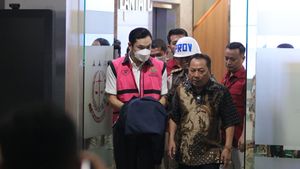JAKARTA - The hundreds of years old Sheikh Abdul Qader Al-Gailani (Abdul Qadir Al-Jilani) Mosque, returned its doors to the congregation and offers iftar food from its kitchen during Ramadan 2021.
Founded in the 12th century, this mosque kitchen in Baghdad, Iraq is busy cooking the local specialty, thick chicken soup in a large steel pot. Others set up packaging and tables in the dining room.
Outside, staff unfurled red prayer mats on the freshly cleaned marble floors in the inner courtyard of the Sheikh Abdul Qader Al Gailani Mosque and Tomb.
"Baghdad has its own Ramadan atmosphere, but in this place the spiritual atmosphere is special and unique," the mosque's muezzin, Qais Al Adhami, told shortly before chanting the Maghrib prayer, which marks the end of fasting, reported The National News.
"During Ramadan, the Al Kheirat Mosque kitchen offers iftar meals for the poor to preserve a centuries-old tradition that began nearly 480 years ago," Al Adhami said as dozens of worshipers gathered.
Even though Iraq is in the midst of a second wave of COVID-19, authorities relaxed restrictions on mosques during this year's Ramadan, allowing for five daily prayers in addition to the special tarawih prayers that are performed at night during Ramadan.

The easing of restrictions allowed the Al Gailani Mosque and its kitchen to reopen its doors to worshipers and the less fortunate, whose numbers have increased over the past year due to the country's economic crisis, due to plunging oil prices and coronavirus regulations.
This sprawling mosque complex was originally a religious school known as Bab Al Azj, founded in 1146 by Sheikh Abu Saied Al Mubarak bin Ali Al Makhrami.
The school was handed over to Al Makhrami's student, Sheikh Al Gailani after his death in 1165. Al Gailani is buried in the mosque compound.
On the eastern side of the Tigris, the Sunni Sufi mosque in one of Baghdad's old neighborhoods gets its name, Bab Al Sheikh, from Sheikh Al Gailani who is revered by both Sunnis and Shiites.
Apart from the tombs of Sheikh Al Gailani and his two sons, the mosque complex consists of the mosque and the Qadiriya Library, which houses thousands of rare books and manuscripts in Islamic studies.
Al Adhami, an education supervisor at the Ministry of Education, has been the muezzin of the mosque for 27 years after inheriting the role from his father.
"Every Ramadan, banquets are held and people love to spend time here breaking their fast and praying in a spiritual atmosphere," he recalls.

The mosque runs another kitchen across the street, which it says serves the poor two meals a day throughout the year. Apart from soup, the meal includes a plate of rice with meat, bread, yogurt and fruit.
"There are more than 400 people registered to receive food and financial assistance from the mosque, in addition to hundreds of others who visit regularly," said Al Adhami.
The government relaxed restrictions this year to allow people to walk to nearby mosques during Ramadan, to perform prayers, including Tarawih.
"The number of people attending for breaking the fast in the mosque is less than before. Only those who live nearby come, around 250 worshipers a day, because of the lockdown that started immediately after sunset. In the past, poor people came from all regions, even from other provinces , "he explained.
One of the families attending the mosque was the Zihoor Askar Mohammed family who moved from Bab Al Sheikh to Baghdad's Karrada district in the 1980s. However, he still visits the mausoleum during Ramadan.
"Ramadan is a blessed month and I am here today to pray for the sick, for Iraq and its people, for Islam and all Muslims everywhere," said the 56-year-old housewife after praying at the grave.
"We always come here during Ramadan to pray, especially at Lailatul Qadar," he added.
The English, Chinese, Japanese, Arabic, and French versions are automatically generated by the AI. So there may still be inaccuracies in translating, please always see Indonesian as our main language. (system supported by DigitalSiber.id)













